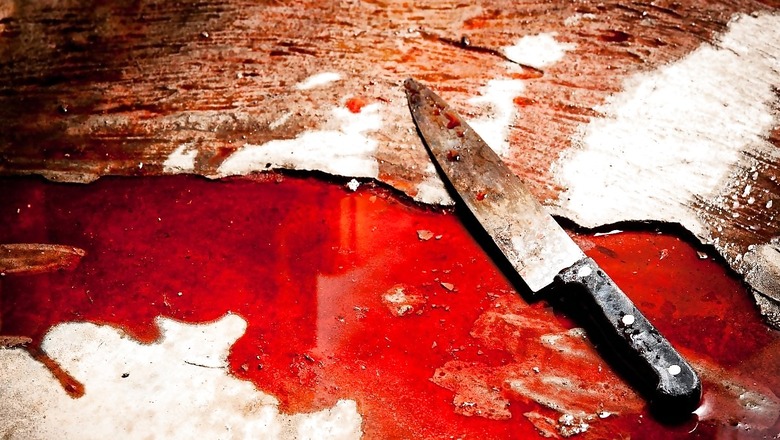
views
The Supreme Court has said that an eyewitness to a gruesome killing cannot narrate a blow-by-blow account of the knife strikes inflicted on the deceased like in a screenplay, as it relied upon ocular evidence over the medical expert’s opinion to uphold the conviction of a man in a murder case. The top court dismissed an appeal filed by Rameshji Amarsing Thakor against a Gujarat High Court judgement that had reversed the trial court’s order of acquittal.
A bench of Justices Aniruddha Bose and Bela M Trivedi rejected discrepancies pointed out by the appellant in the deposition of prosecution witnesses as being minor ones.
“We are satisfied that the Trial Court had ignored the deposition of the prosecution witnesses and referred to very minor contradictions in support of its judgement of acquittal. The contradiction in the number of injuries was not fatal to the prosecution case. Nor can the prosecution case altogether be negated because the fatal injuries, in the opinion of the autopsy surgeon could not have been caused by the recovered knife,” the bench said.
The court further pointed out that the eyewitness account was consistent in that the deceased was stabbed by Thakor and on this count, there was no inconsistency.
“Even if in the opinion of the autopsy surgeon there was mismatch of the knife with the injuries caused, the doctor’s evidence cannot eclipse ocular evidence. The evidence on post occurrence events is consistent,” the bench said.
The appellant relied upon the autopsy surgeon’s statement that the injuries to the deceased could not have been caused by the recovered weapon.
The bench, however, found sufficient corroborations of the eyewitness account with the depositions of post-occurrence witnesses of fact, so far as the narration of the sequence of events subsequent to the inflicting of injuries on the deceased is concerned.
The court relied upon the SC judgement in the case of Darbara Singh vs State of Punjab (2012), in which greater importance to ocular evidence was given over the opinion of the medical expert.
“We find no reason to interfere with the judgement under appeal. It has been held in the case of ‘Gurbachan Singh Vs Satpal Singh and Others’ (1990) that exaggerated devotion to rule of benefit of doubt must not nurture fanciful doubts letting guilty escape is not doing justice, according to law,” the bench said.
In the case at hand, the court noted that two other accused persons, against whom there were allegations of holding the deceased at the time when the appellant was striking knife blows on him, have not been convicted.
The two co-accused were given the benefit of the doubt by the High Court, which, however, opined that the presence of the appellant was proved beyond reasonable doubt. “Since there was no appeal by the state against the said judgment as regards the other two co-accused persons, we refrain from making any comment on that aspect of the High Court judgment,” the bench said.
The case related to the killing of one Jayantibhai in the evening hours of July 10, 1995, with knife blows. The brother of the deceased lodged the FIR, attributing the charge of murder to the appellant. Two others were accused of holding the hands of the deceased. The prosecution relied upon the statement of an eyewitness and the dying declaration made before two other witnesses. The trial court acquitted the three accused mainly on the basis of medical evidence.
















Comments
0 comment